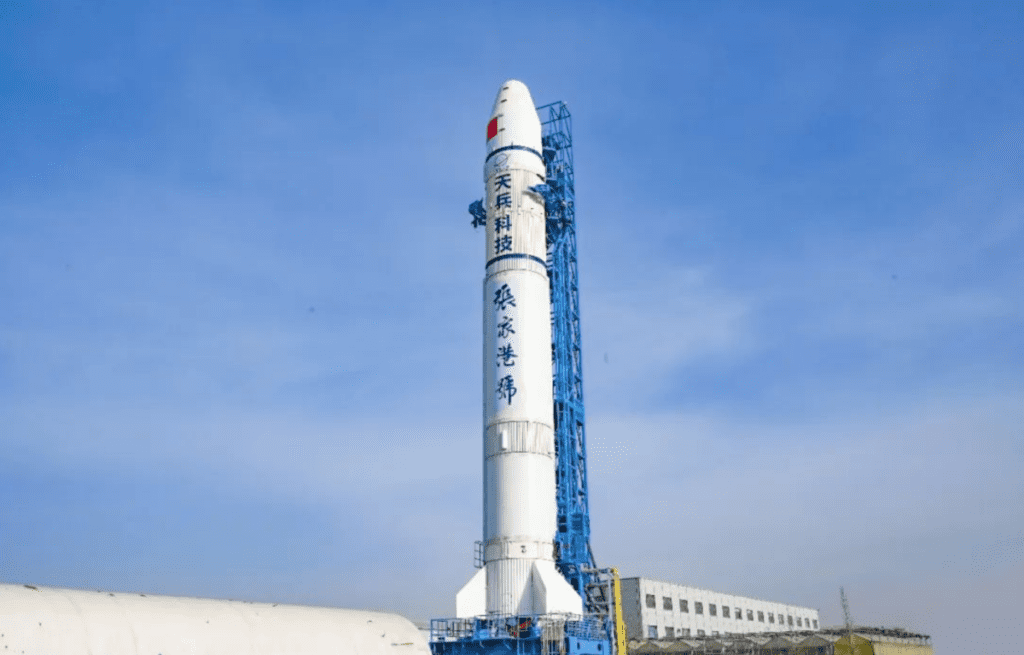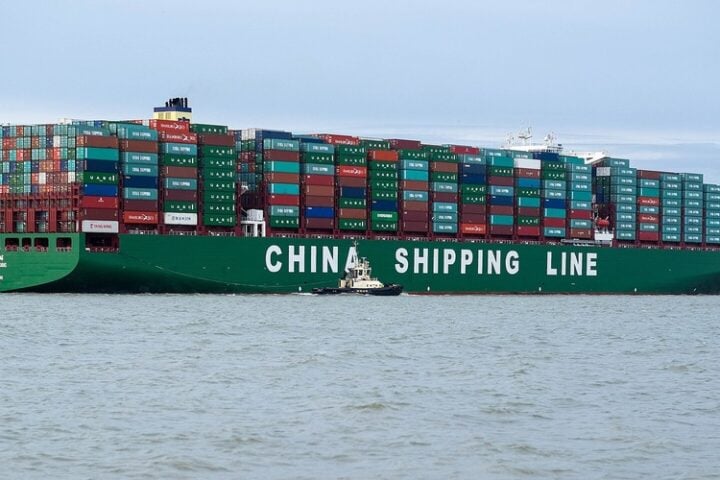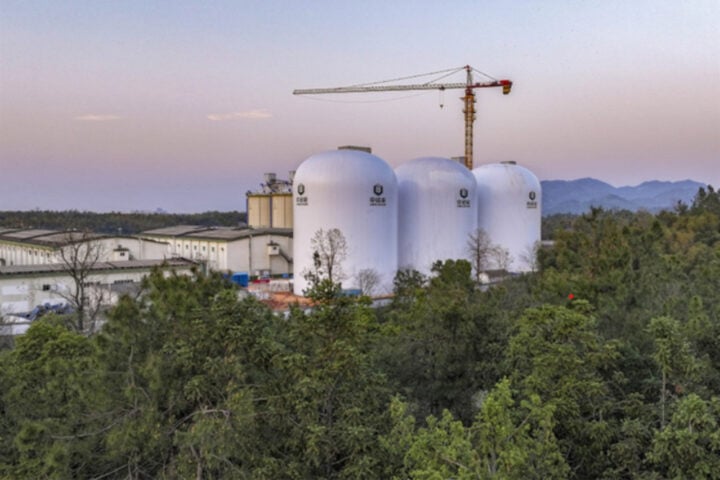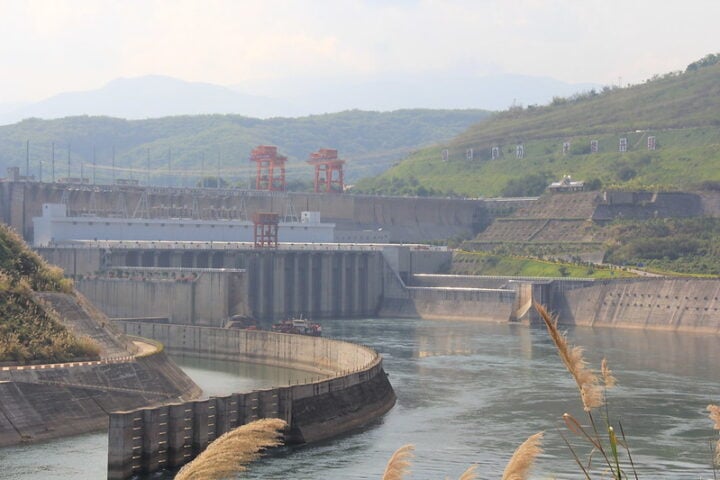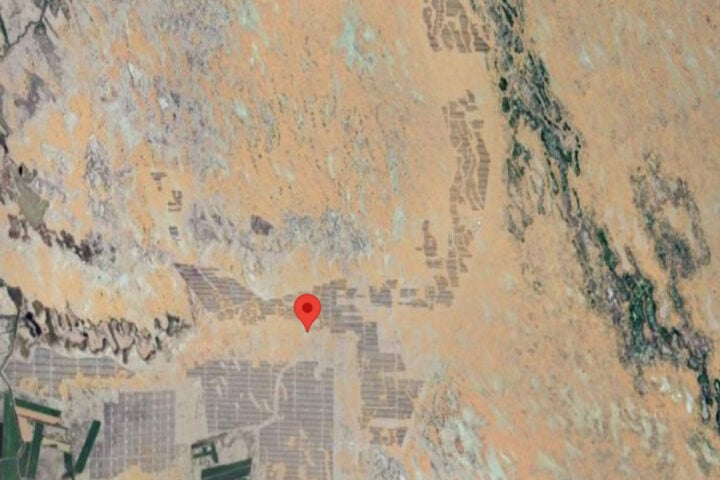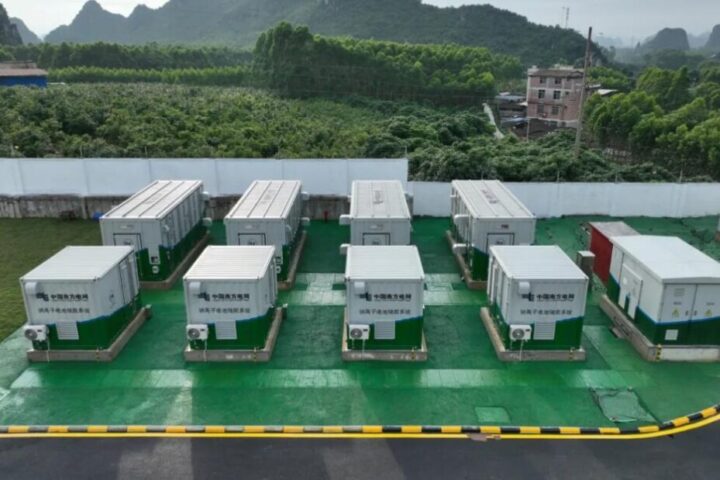Space Pioneer has announced new funding & will soon attempt to become China’s first privately-funded company to reach orbit with a liquid-propellant rocket. The company has raised nearly 3 billion yuan ($438 million) in funding since its founding in 2018. Space Pioneer’s Tianlong-2 rocket is nearing its first launch & is set to lift off before the end of March.
Another company, Landspace, almost achieved this late last year with its methane-liquid oxygen Ziuque 2 rocket. Tinalong 2 is designed to lift 3,300lbs (1,500kgs) into a 310-mile-high (500kms) sun-synchronous orbit. Space Pioneer is also developing a larger Tinalong 3 rocket for launching satellites for China’s plans for a communications megaconstellation.
The national project seeks to rival SpaceX’s constellation of Starlink satellites. Tinalong-3 will be a two-stage & is targeting launching batches of up to 60 satellites per launch. The company is targeting a first launch in early 2024, ramping up to a planned cadence of more than 12 launches per year. From 2025.
Space Pioneer is also planning the TL-3H version, which uses three cores in a similar fashion to the SpaceX Falcon Heavy & would be capable of carrying 68 tons to LEO. The TL-3M features a reusable spaceplane. Space Pioneer & another recently emerging company, Orienspace, are moving directly towards medium-lift & heavier classes of launchers.
A handful of companies, namely iSpace, Galactic Energy, Expace, & CAS Space, have so far reached orbit with solid rockets. Commercial launch companies began emerging in China in 2014 after a central government decision to open parts of the space sector to private capital.
These trends appear to reflect early entrants initially looking to launch small satellites for private customers, whereas China has more recently indicated that private firms can participate in launching both the national “satellite internet” project & sending cargo to the Tiangong space station.
